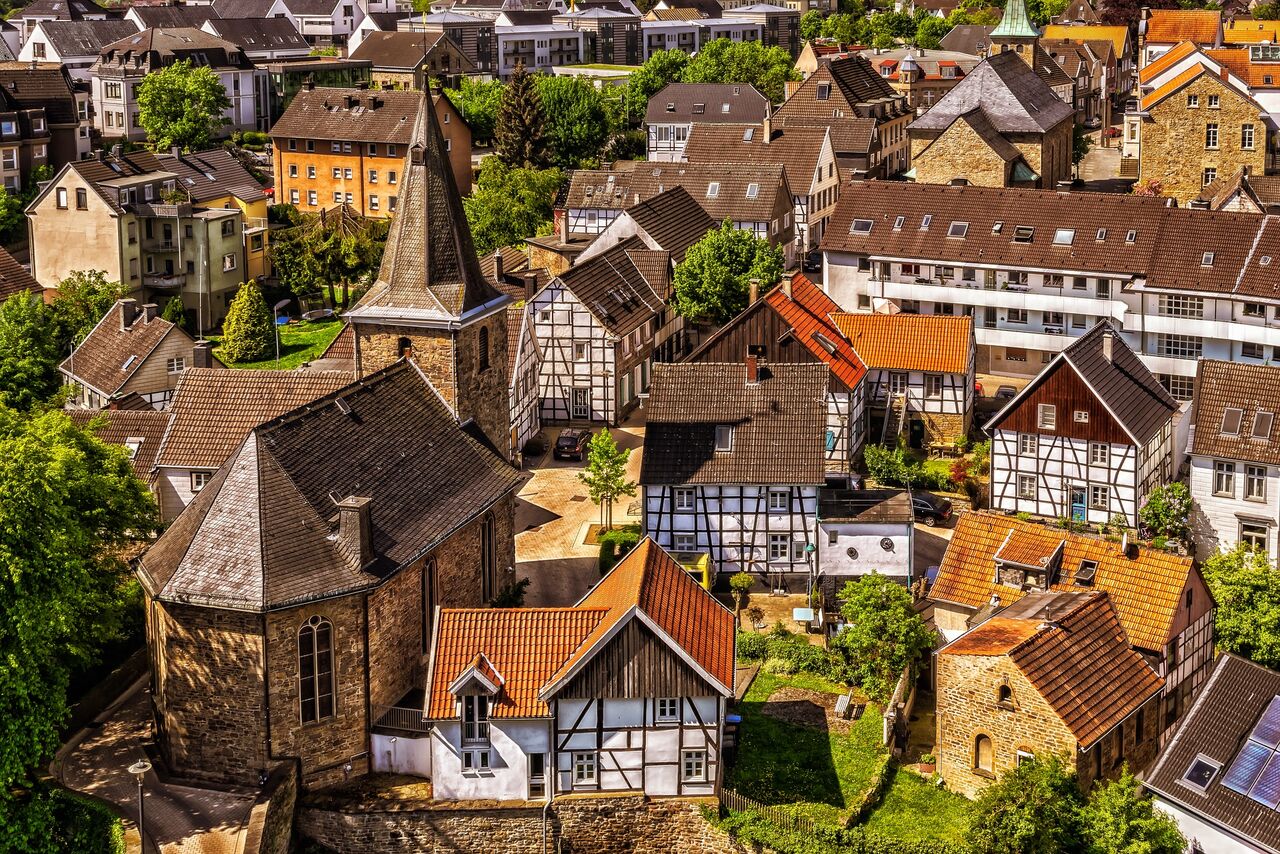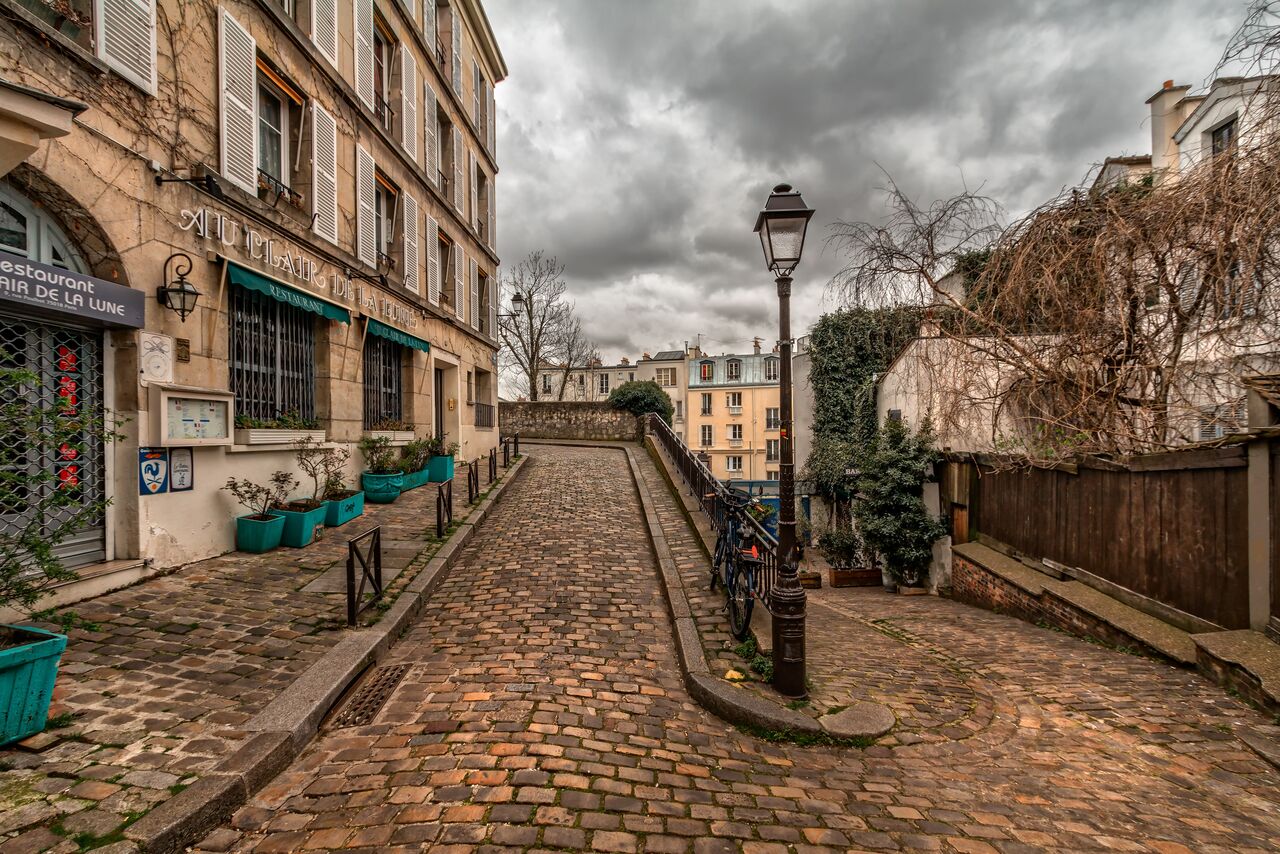What will be the "city of tomorrow" : a city that would be sober and efficient in energy and resources, healthy and pollution-free, that would be able to adapt to changes and crises, and resist ecological disasters or the consequences of climate change? Will it be a city for all, rich - poor, well-off - disabled, young and older, offering everyone a full participation in social life? Will the city be one of the driving forces of the evolution towards a sustainable world, reconciling the economy, the social and the environment and preserving the planet?
The city is a complex system. It is the object of numerous research projects dealing with different aspects (mobility, housing, organization, nuisances, urban policies, etc.).
The main challenge of the project VILLE 2050 is to develop closer links between these researches and to encourage their integration into a multidisciplinary and systemic approach to the city, perhaps anticipating a convergence of objectives towards this "ideal" city".
VILLE 2050 brings together about fifty interested researchers from IFSTTAR laboratories and the Paris-Est university community (ENPC, ENSA-PB, ESIEE), during seminars and discussions on various issues, the objective being to develop research lines around which several researchers or teams can mobilize.



